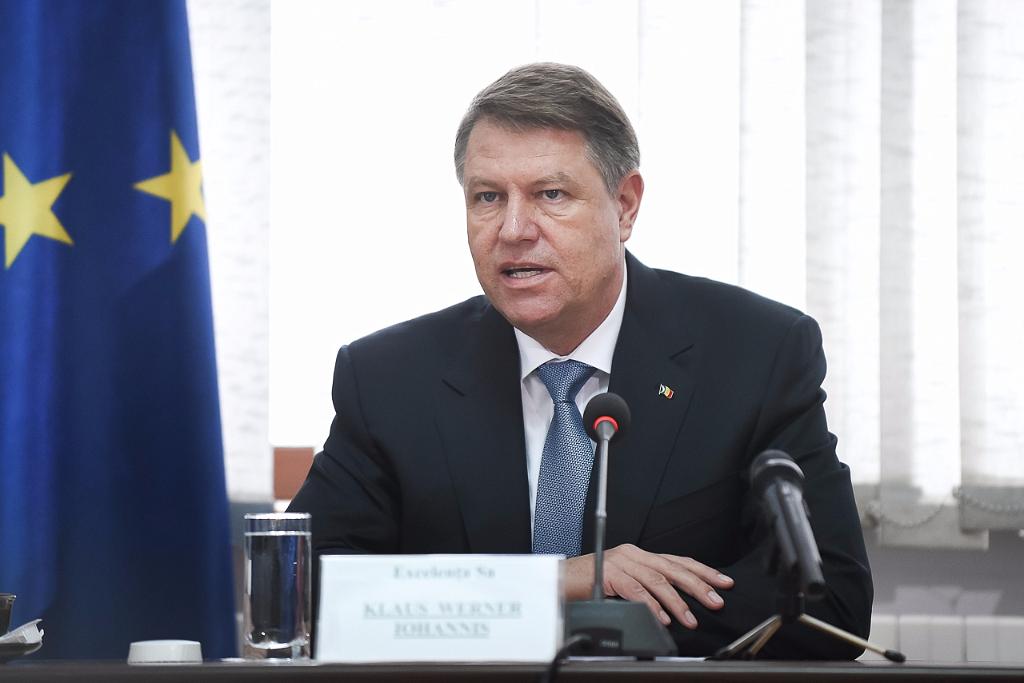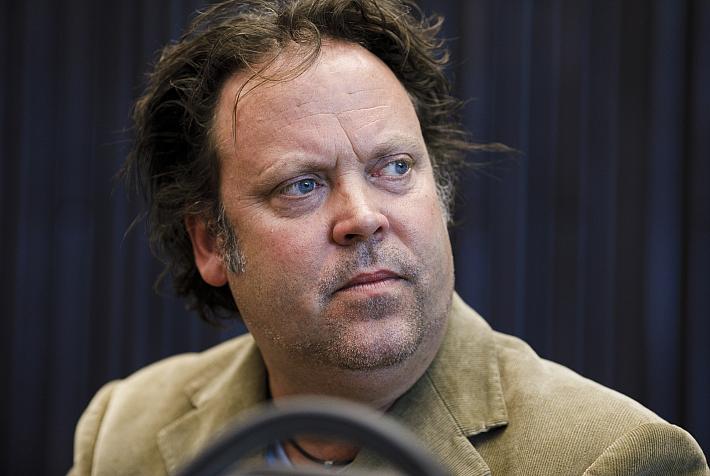Romania’s Superior Council of Magistracy to notify Constitutional Court about conflict with the Govt.

The country’s Superior Council of Magistracy (CSM) voted in a meeting today to notify the Constitutional Court (CCR) that, by adopting the the emergency ordinance bringing changes to the criminal laws, the Government has started a constitutional conflict with the justice system. President Klaus Iohannis presided the meeting, which came after the Government passed yesterday evening an emergency ordinance redefining the abuse of power and conflict of interest charges and partially decriminalizing them.
The CSM president can notify the CCR about a constitutional conflict between the state’s authorities, when one of them, in this case the Executive, infringes upon the attributions and prerogatives of the other, in this case the Judiciary, Digi24.ro reports.
The CSM had issued last week a negative opinion on the draft emergency ordinances granting pardon to several categories of convicts and amending the criminal laws. Romania’s General Prosecutor had said that adopting the two bills would lead to the reconsideration of the positive aspects from the European Commission's Cooperation and Verification Mechanism report.
President Iohannis said after this morning’s CSM meeting that “the constitutional conflict is evident” and that justice is independent. “I leave [this meeting] pleased, because I was able to see first of all solidarity inside the CSM, with the CSM president, and from the talks with the CSM members I could see that practically the entire system is on the CSM’s side. Justice in Romania is independent, and the magistrates are indignant about the way the government treated this very sensitive issue, the issue of changing the criminal law through an emergency ordinance, at night, without notice. It is important to see that this conflict exists and that the CCR is notified. CCR has the liberty to cancel this ordinance. The problem is that the government cannot do things this way, the way that it did,” Iohannis said, quoted by Digi24.ro.
According to a point of view issued by the CSM, the passing of the emergency ordinance without consulting and receiving a notice from the CSM is a “serious overlooking of legal dispositions concerning the notice and the point of view that the CSM had the legal empowerment to grant.”
Prior to this morning’s CSM meeting, president Iohannis referred to the situation created by the passing of the emergency ordinance as “inadmissible, unacceptable, a mockery,” Digi24.ro reported.
Augustin Lazar, Romania’s General Prosecutor, said the emergency ordinance bringing changes to the criminal law represented an evident unconstitutionality slide and it was imperative to appeal the ordinance at Romania’s Constitutional Court. “During the evening [e.n. Tuesday evening] I received an emergency ordinance draft to give an opinion on it and the forum of the [Superior Council of] Magistry was reunited. We were faced with a done deal,” Lazar said, quoted by Digi24.ro.
Asked if this morning’s CSM meeting would have any effects, Lazar said it was a “good challenge for the judicial authority and the judicial authority is the one that needs to demonstrate now that it is substantive and cannot be treated like a negligible quantity.” “It is imperative that this [unconstitutionality slide] is appealed at CCR because the unconstitutionality slide is evident and will be noticed easily,” he said.
“In order to have an effective anti-corruption fight, to have an effective enforcement of the law, it is important to have the judicial instruments that can fight this phenomenon. When we joined the EU, we joined precisely with this legislative package, and now we notice that gradually these instruments that are the most effective are being eliminated,” he added.
“As a member of CSM I can tell you that the emergency ordinance is an offence brought to the judicial authority, as it is discretionary, evidently unconstitutional and needs to be appealed urgently at the CCR,” Lazar also said, quoted by News.ro.
Mariana Ghena, the president of the CSM, said Wednesday morning, before the institution’s assembly, that options existed where the emergency ordinance that the government passed last night could be annulled, Digi24.ro reported. The CSM president said last night that the emergency ordinance bringing changes to the criminal laws was a “dangerous, un-democratic [endeavor] and lacks a minimum appearance of respect to the principles of decision-making transparency, consultation and debate.”
Laura Codruta Kovesi, the country’s chief anti-corruption prosecutor, said on Wedensday morning that the emergency ordinance project adopted by the Grindeanu government would seriously impact the fight against corruption making it ineffective, as it seeks to decriminalize the abuse of power of high-ranking public servants.
“These provisions seek to have high- and medium-ranking public servants escape criminal responsibility,” Kovesi told local Digi24.ro.
She also questioned the government's rush to adopt this ordinance, in a late session on Tuesday evening, after asking the CSM for an opinion on it for Wednesday. "While we were working on formulating our point of view, this ordinance was approved late at night."
"Starting last night, every day is a major risk for the justice system. Every day we can find that competencies, procedures, the magistrates' status are modifies," Kovesi added.
The simplest way to try and block this ordinance is to have the Ombudsman challenge it at the Constitutional Court. However, Romania's Ombudsman Victor Ciorbea said on Wednesday morning that he couldn't challenge legal provisions that haven't come into force yet. The changes to the Penal Code brought by the Government's ordinance only come into force after ten days.
editor@romania-insider.com












